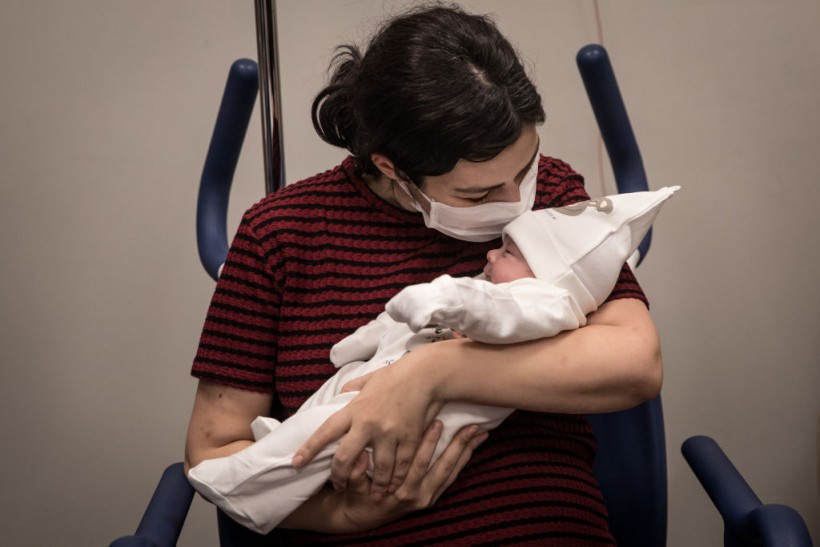A new study recently backs the need to vaccinate women to prevent severe COVID-19 during pregnancy, especially those with comorbidities that make their pregnancy or coronavirus infection riskier.
As indicated in a report from the Center for Infectious Disease Research and Policy at the University of Minnesota, a new survey of over 4,000 pregnant women hospitalized in the United Kingdom with COVID-19 during the first year and a half of the pandemic showed that severe illness was associated with poor birth outcomes, which include pre-labor caesarian birth, extreme preterm birth, stillborn birth, and the need for confinement at a neonatal unit.
A smaller investigation in the United Arab Emirates reported a similar effect - a higher effect on women with risk factors. In this UK study, women aged 30 years old and above, obese, with mixed ethnicity, or diagnosed with gestational diabetes were more possible to experience an increased risk of poor pregnancy outcomes.
ALSO READ: Volunteer for Pfizer's Experimental COVID-19 Vaccine Shares Side Effects from Trial

At eight months pregnant, Ebru Celik tested positive for COVID-19 and was admitted directly to the dedicated COVID-19 ICU ward at Acibadem Altunizade Hospital. Her condition became serious, and while intubated, she gave birth through an emergency C-section.
Severe COVID-19 During Pregnancy
According to the senior study author Marian Knight, FMedSci, of the University of Oxford, this study published recently in Acta Obstetricia et Gynecologica Scandinavica highlights the essentiality of guaranteeing that interventions to promote vaccine acceptance are specifically focused towards people at the highest risk. Specifically, the study showed 14 percent of pregnant women had a severe infection.
The study involved hospital admissions throughout the United Kingdom between January 3, 2020, and October 20, 2021. Though the research involved over 4000 pregnant women admitted at the hospital for severe COVID-19, defined as the need for high flow or invasive ventilation, intensive care unit or ICU admission, or death was described in 13.9 percent of the women participants, or 616 of them.
Out of the 112 women who had to sever COVID-19 and were hospitalized and then discharged while still on their pregnancy, 85.7 percent gave birth at, or full-term at 37 weeks, although three women were found to have suffered stillbirths.
Outcomes of Pregnant Women Tracked
Although stillbirths and neonatal deaths, in which ten were recorded in the study, were rare, the researchers said babies born to mothers who have severe infection were found to be 12-fold more possible to be admitted to the NNU than those born to mothers who had mild to moderate infection.
In a similar study published in Scientific Reports, researchers said a very high proportion of women with severe COVID-19 result in cesarean birth, with babies born prematurely and admitted to the NNU. Therefore, they added, prevention of the virus is the key.
The smaller UAE research echoes the results seen in the UK. The study tracked outcomes of 200 pregnant women with COVID-19, from which 53 presented to have moderate to severe infection.
Those 53 women had a higher occurrence of preterm delivery and low birth weight. Of their babies, about 58.5 percent were born with COVID-19, and 95 percent were admitted to the neonatal ICU-NICU.
Moreover, the study revealed, too, an increased risk of poor outcomes, even among those with mild to moderate infection. The study authors said the present research showed that in obstetrics, 35 percent preterm births and 30.5 percent low birth weight among pregnant women with COVID-19 regardless of the severity of the illness.
Related information on COVID-19 and pregnancy is shown on the WHO's YouTube video below:
RELATED ARTICLE: COVID-19 Vaccination During Pregnancy May Protect Infants Due to Antibodies Produced at Prenatal Period
Check out more news and information on COVID-19 and Babies on Science Times.














